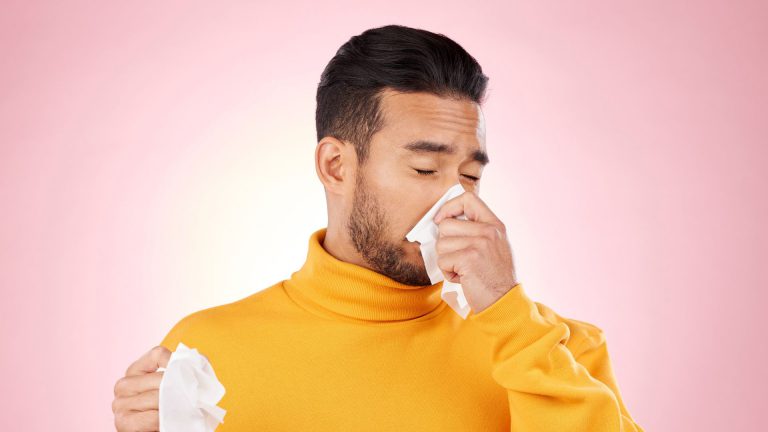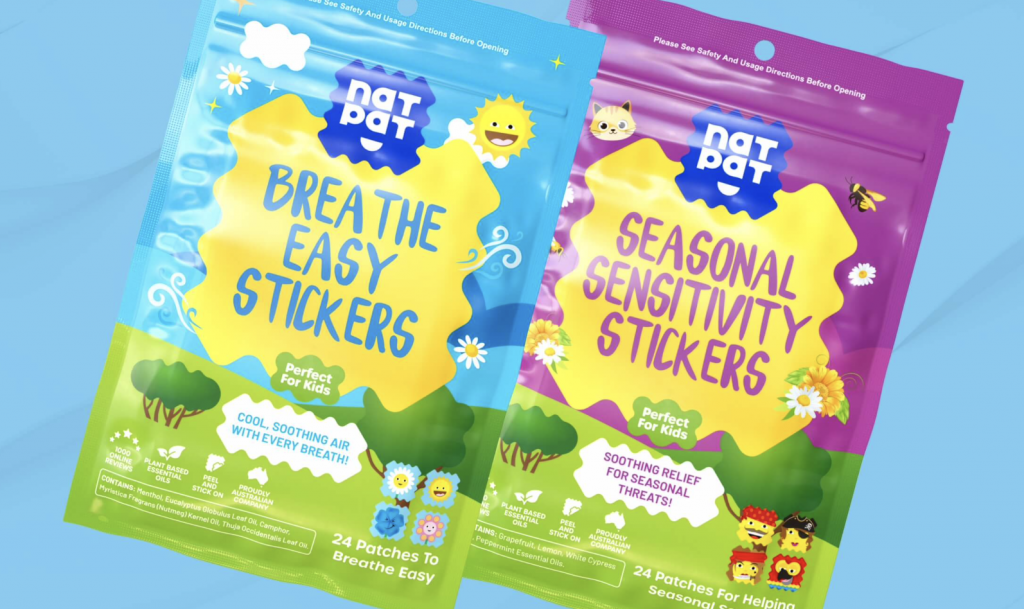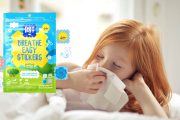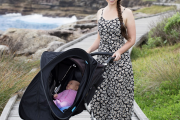The Hay Fever Survival Guide

It is estimated that there are 9 million hay fever sufferers in Australia, which adds up to an extraordinary number of runny noses and itchy eyes come spring and summer when the pollen count is at it’s highest.
If you are one of the unlucky ones, there are a number of steps that you can take to manage the condition and minimise the symptoms.
The Hay Fever Survival Guide
• Plant natives in your garden (as opposed to more exotic plants) nearly all of which rely on bees and birds (rather than the wind) to transport their pollen, and are non allergenic.
• When possible, avoid being outside during the peak pollen release times: 7-9am and 4 – 6pm.
• Many hay fever sufferers find that coating the inside of their nostrils with Vasaline can provide a protective barrier between the pollen and the sensitive lining of the nose.
• Wearing sunglasses during the day, especially if it is windy, will also reduce the eyes exposure to dust, pollen and allergens. Wrap-around sunglasses are perfect for this job!

• Even in your car with the windows rolled up you can be exposed to high pollen levels if your car’s air filtration system does not provide maximum protection. The Australian Asthma Council recommends particulate and activated carbon filters.
• On days when the pollen count is high dry clothing and linen (particularly bed sheets and pillows) inside.
• Wash your face, hair and hands before going to bed, to remove any pollen that may have collected on you during the day.
• Refer to online weather websites to keep track of the pollen count and plan accordingly.
• Have anti-histamines on hand for times when hay fever symptoms strike. Opting for one that is suitable for the whole family, and non-drowsy is preferable, and is a must-have for the medicine cabinet as it can also be used in the event of insect-bites, etc, as well as to treat allergy symptoms.
Do you suffer from hay fever? Do you have any tips to share with fellow sufferers?
Disclaimer: This article is intended for reference only and should not replace the advice of a health care professional.
Disclosure: this article may contain affiliate links, this means that if you make a purchase we may receive a small commission at no extra cost to you.













